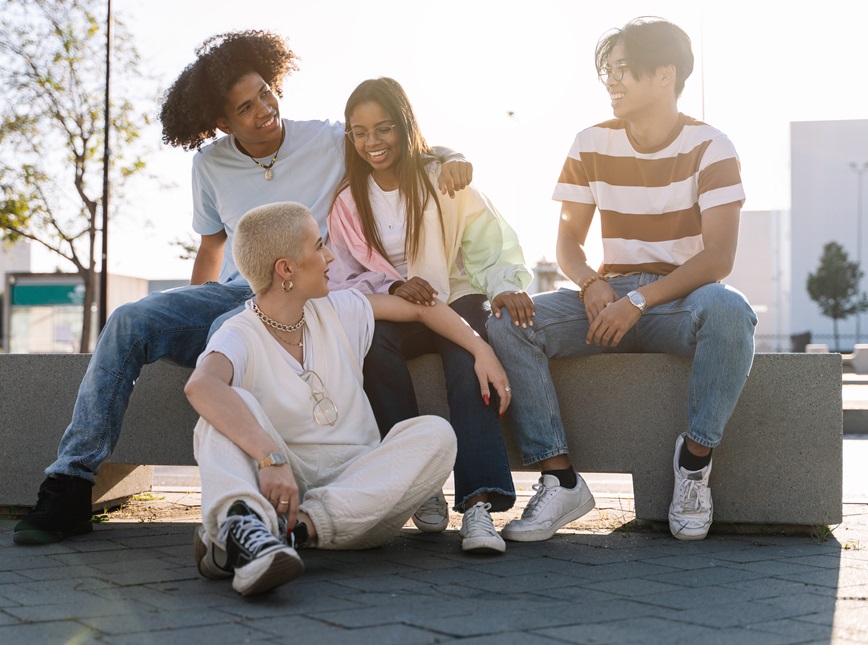Cannabis effects on youth
Brain development
Use of cannabis has dangerous outcomes for youth.
- The human brain continues to develop and mature into the mid-twenties.
- Developing brains are especially vulnerable to the harmful effects of cannabis.
Using cannabis often, especially at younger ages, can change important parts of the brain that are responsible for:
- Attention
- Decision-making
- Learning
- Memory
- Motivation
More research is needed to understand the long-term effects of cannabis on the brain. Some studies suggest that these negative effects may last a long time.
Cannabis use can affect:
- Athletic performance
- Mental health
- Memory
See Cannabis and teens from the Centers for Disease Control and Prevention (CDC)
Effects and addiction
Call or text 988 if you are experiencing suicidal, substance use or other mental health crises. A trained crisis counselor is available to help you 24/7 for free.
Effects of edible cannabis on youth
Anyone who consumes edible cannabis products can experience effects, such as:
- Altered perception, intoxication, nausea and vomiting
- Anxiety, panic and paranoia
- Dizziness, weakness, poor coordination and slurred speech
- Excessive sleepiness, sleep apnea (not breathing for 10 seconds or longer) and heart problems
Marijuana is addictive
Over the past few decades, the amount of THC in marijuana has steadily climbed.
Research shows:
- One in six people who start using the drug before the age of 18 can become addicted.
- One in ten adults who use the drug can become addicted.
- Cannabis use increases the risk of abuse or dependence on other substances
Talking to youth
In a survey of Minnesota students, 81% of 11th graders reported never using marijuana.
Prevention is possible when youth have positive influences, including:
- Parent and caregiver support, engagement, monitoring, and disapproval of substance use
- School connectedness, academic support, and out of school time activities
- Access to health resources and medically accurate information
- Public policies that support prevention and prevent access to products
See talking to teens from the University of Minnesota
How you talk to youth depends on their age
Parents and caregivers should talk to youth about the risks of edibles.
- We recommend talking to youth whether they are using or not.
- Treat these talks the same way you’d talk about substances like alcohol and tobacco. Like cannabis, alcohol and tobacco legal for adults but harmful to youth.
Youth age groups include:
- 18 to 21 years old
- 13 to 17 years old
- 8 to 12 years old
Health Department
Phone
Address
Public Service Center250 Fourth St. S., Room 510Minneapolis, MN 55415
Office hours
8 a.m. – 4:30 p.m.
Monday – Friday


